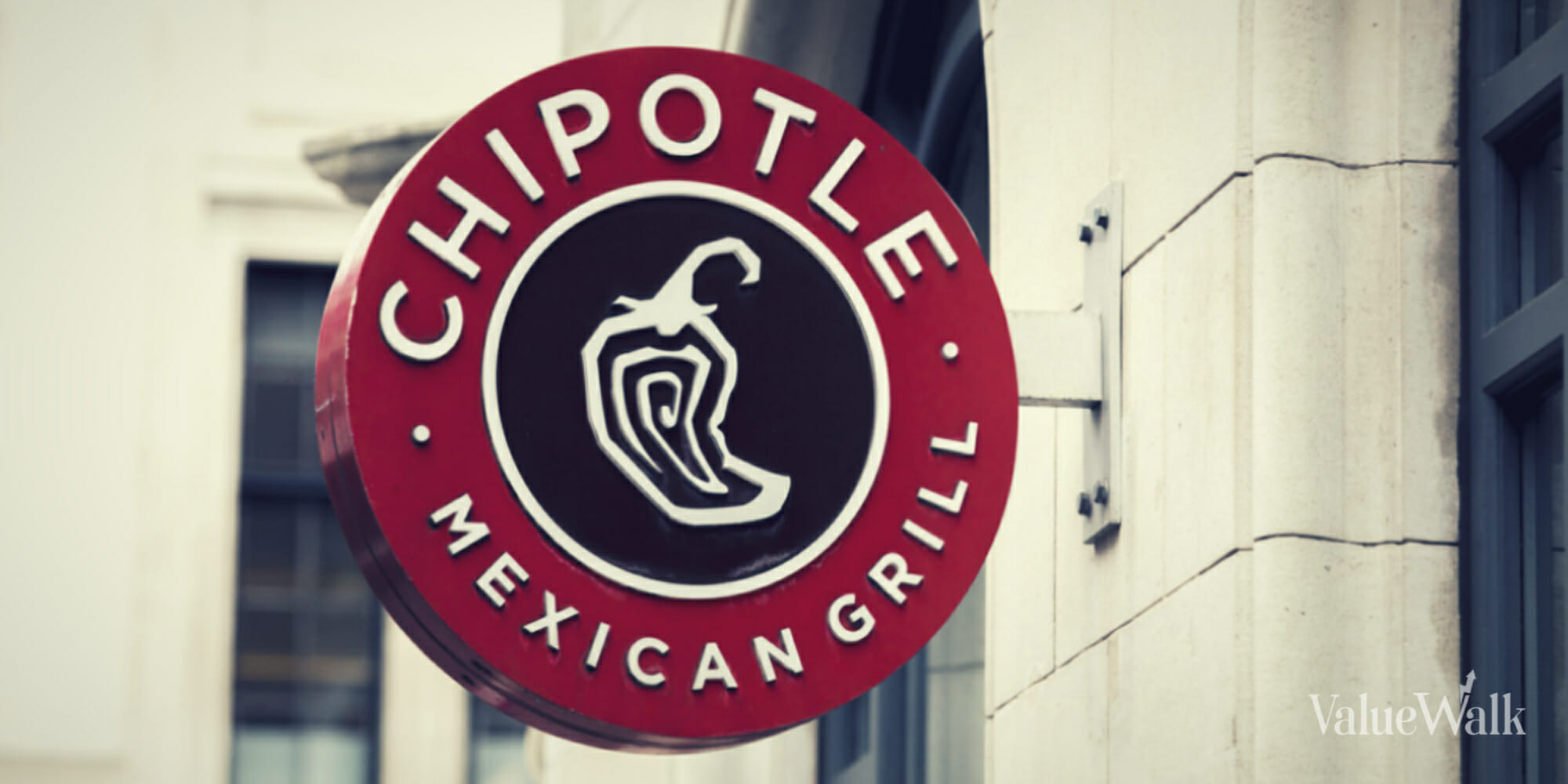Strubel Investment Management’s commentary for the month of June 2021, discussing the first stock market index.
Q1 2021 hedge fund letters, conferences and more
Dear Investors,
In this month’s newsletter, I thought we would do a fun exercise, looking at what is widely regarded as the first US stock market index and the companies that made up that index. The 1896 version (there were earlier, less complete versions) of the Dow Jones Index is viewed as the first broad market stock index.
The Companies That Made Up The First Stock Market Index
Let’s take a look at the companies, what happened to them, and what investing lessons we can learn from them. Specifically, does the world change rapidly; and, if so, do you need to change your investment portfolio just as quickly? Given that many of the early Dow companies were trusts, what can we learn about monopoly companies that get broken up? What does this mean for the investment prospects of today’s large technology companies?
These twelve companies made up the first Dow Jones Index:
- American Cotton Oil
- American Sugar
- American Tobacco
- Chicago Gas
- Distilling & Cattle Feeding
- General Electric
- Laclede Gas
- National Lead
- North American Co.
- Tennessee Coal, Iron, and Railroad
- US Leather
- US Rubber
Of the original twelve, only three exist today: General Electric, Laclede Gas (parent company name changed in 2016), and National Lead (now known as NL Industries). That shows you how much the world can change. Only a quarter of the original companies are still in existence!
But, wait! I didn’t quite tell the whole truth. Just because a company doesn’t exist today doesn’t mean shareholders ended up with nothing. Companies can be acquired, taken private, merge with other companies, liquidate and distribute the cash proceeds to shareholders, or split up into smaller companies.
The Original Dow Stocks
In fact, as I said earlier, many of the original twelve Dow components were large sprawling trusts that had monopolies or oligopolies on their respective industries. Many were broken up under antitrust rules in the 1940s. If you owned the original twelve Dow stocks and never sold anything, your portfolio today might look something like what is below (I’m going to cheat a little and include some companies that were bought out and taken private and then taken public again later)*.
- Ingredion
- Unilever
- Domino Foods (taken private)
- Altria
- Philip Morris International
- British American Tobacco
- Vector Group
- Mondelez
- AB Inbev
- Integrys
- Fortune Home Brands and Security
- Diageo
- Beam Suntory
- LyondellBasell
- Spire Inc (the old Laclede Gas)
- General Electric
- Genworth Financial
- Comcast
- Baker Hughes
- NL Industries (the old National Lead)
- Ameren
- First Energy
- DTE Energy
- WEC Energy Group
- US Steel
- Michelin
- And a motley collection of small stakes in many smaller private companies and some cash as well.
Many of the original twelve companies were split into smaller, but still successful, companies. Of course, as you would expect over the course of 120 years, there were many mergers, acquisitions, spin-offs, and name changes. The only real, almost complete, business casualties were US Leather, which was completely liquidated at $10 a share, and the steel and coal businesses of Tennessee Coal, Iron, and Railroad. Those were not successful and, in some cases, were dissolved or wound down.
Adapting Your Investment Portfolio
Even though the world changed a lot over 120 years, corporate America did too. Some of the companies still exist, some are now part of larger but still successful companies, and others have been split into a few smaller but again still successful companies. Yes, some disappeared. Obviously, it makes sense to adapt your investment portfolio. Perhaps, though, the pace doesn’t need to be frenetic.
We can also look at this data to help answer another question I receive particularly when President Donald Trump was on Twitter, complaining about large technology companies. Clients ask me if large technology companies make good investments and what might happen to them under antitrust rules.
As I said earlier, many of the original twelve Dow components were literal trusts that were broken up. We can see some interesting patterns. In industries that weren’t subject to much change, the smaller companies were still successful. The smaller utility companies all still exist today. The larger utility trusts that were broken up also all still exist. Only Pacific Gas and Electric is missing from the list due to bankruptcy. The lesson, however, with Pacific Gas and Electric is that lighting a forest on fire with your faulty equipment isn’t a great idea. Pacific’s demise has nothing to do with antitrust issues.
Likewise, many of the consumer products companies still remain. All the tobacco companies that came out of American Tobacco are still around. Same with the alcoholic beverage manufacturing operations from Distilling & Cattle Feeding.
In industries that had a much more difficult history, such as steel or coal, or industries that simply vanished (street cars), the corporate history isn’t as successful.
Shareholders’ success was not based on holding a massive conglomerate operating in many industries or on owning a monopoly (although that is helpful). What seemed to affect shareholders the most was what challenges that particular industry faced and whether or not the industry was still relevant 120 years later. People still drank booze, but didn’t ride street cars.
Here are the lessons we can draw. First, when we examine large tech companies, we shareholders don’t need to be that concerned about antitrust actions. What we (I) need to be very concerned with is the viability of the industry in which each business operates. What threats to the industry might be on the horizon? Are cloud computing and e-commerce going to be around in some form in the next 120 years, like cigarettes and alcoholic beverages? Or will the industry suffer and die, like the steel mills and street car companies of old? Answers to those questions will likely be the primary driver of whether or not Amazon is a successful stock, not antitrust action.
*Note: I didn’t thoroughly examine each company’s complete 120-year corporate history, so some of the mergers and acquisitions may have been for cash consideration or ownership stakes at the parent company level (rather than spin-offs to shareholders). The point is that the list is approximately what happened and sufficient to illustrate the point.
Disclaimer
Historical results are not indicative of future performance. Positive returns are not guaranteed. Individual results will vary depending on market conditions and investing may cause capital loss.
The performance data presented prior to 2011:
- Represents a composite of all discretionary equity investments in accounts that have been open for at least one year. Any accounts open for less than one year are excluded from the composite performance shown. From time to time clients have made special requests that SIM hold securities in their account that are not included in SIMs recommended equity portfolio, those investments are excluded from the composite results shown.
- Performance is calculated using a holding period return formula.
- Reflect the deduction of a management fee of 1% of assets per year.
- Reflect the reinvestment of capital gains and dividends.
Performance data presented for 2011 and after:
- Represents the performance of the model portfolio that client accounts are linked too.
- Reflect the deduction of management fees of 1% of assets per year.
- Reflect the reinvestment of capital gains and dividends.
The S&P 500, used for comparison purposes may have a significantly different volatility than the portfolios used for the presentation of SIM’s composite returns.
The publication of this performance data is in no way a solicitation or offer to sell securities or investment advisory services.






